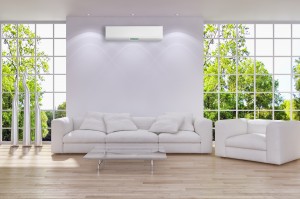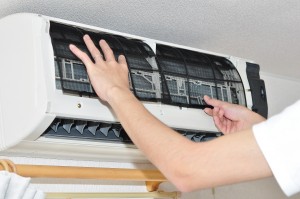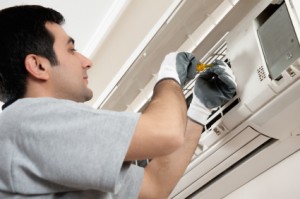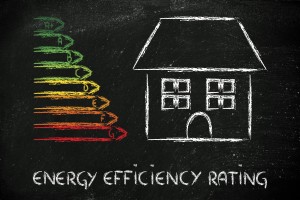 Energy bills never seem to fall, and according to the latest data from the Australian Bureau of Statistics, Queensland households spend an average of $30 each week on energy used within the home. One of the most efficient methods of keeping your home cool in the summer and warm in the winter is by using air conditioning. Even then, there are always ways to reduce your energy bill further. Here are a few energy saving tips for those with ducted air conditioning systems in Brisbane.
Energy bills never seem to fall, and according to the latest data from the Australian Bureau of Statistics, Queensland households spend an average of $30 each week on energy used within the home. One of the most efficient methods of keeping your home cool in the summer and warm in the winter is by using air conditioning. Even then, there are always ways to reduce your energy bill further. Here are a few energy saving tips for those with ducted air conditioning systems in Brisbane.
Five ways to save energy with a ducted air conditioner
- Ensure your ducted air conditioner is properly planned
A well designed ducted air conditioning system will be based around the size and location of your rooms and your day-to-day needs. It is possible to see the same heating and cooling benefits of ducted air conditioning with smaller units, which are cheaper to run, if the system is properly planned.
- Locate your air conditioning units for best advantage
Units should be placed in places where there is air access and clear from obstructions. Outdoor units should ideally be in shade, with adequate ventilation.
- Use an energy saving temperature setting
Setting your thermostat at the optimum temperature will save hundreds (if not thousands) of dollars over the lifetime of a unit. By finding the best balance between efficiency and comfort, you’ll increase those energy savings even further.
Set your thermostat cooler in the winter and warmer in the summer: every degree will save money by requiring your ducted air conditioner to work a little less hard.
- Maintain your ducted air conditioning system regularly
A well maintained ducted air conditioning unit works more efficiently. Check filters at least once every 2-3 months, replace batteries in the remote control once a year, and check outdoor units are free from debris. Have your ducted air conditioning system in Brisbane, serviced regularly by a professional, and you’ll ensure not only that it runs to maximum efficiency, saving energy all the while, but also lasts longer (saving on replacement cost).
- Consider your home’s natural energy saving ability
In the winter, thick curtains will help keep heat in, while using curtains and awnings in the summer will help to keep rooms cool. Also think about how you use your home: when leaving a room for any length of time, close the door and turn the air conditioning off. Use windows wisely – open windows mean air conditioning units work harder.
The bottom line
Be energy wise in the winter and the summer. Follow these few energy saving tips, and instead of seeing your bills rise you’ll have a few more dollars in your pocket for more enjoyable pastimes.

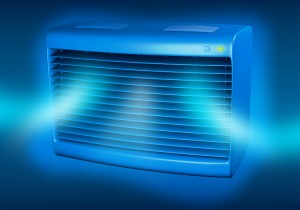 When used effectively, air conditioning not only increases comfort in the home and office all year round, but also saves on energy and reduces utility bills. The many benefits of air conditioning are seen fully by planning ahead, but with so many different types of air conditioning available the choice can be mind boggling. Here are five tips to make the right choice for air conditioning installation and performance for your individual needs.
When used effectively, air conditioning not only increases comfort in the home and office all year round, but also saves on energy and reduces utility bills. The many benefits of air conditioning are seen fully by planning ahead, but with so many different types of air conditioning available the choice can be mind boggling. Here are five tips to make the right choice for air conditioning installation and performance for your individual needs.
